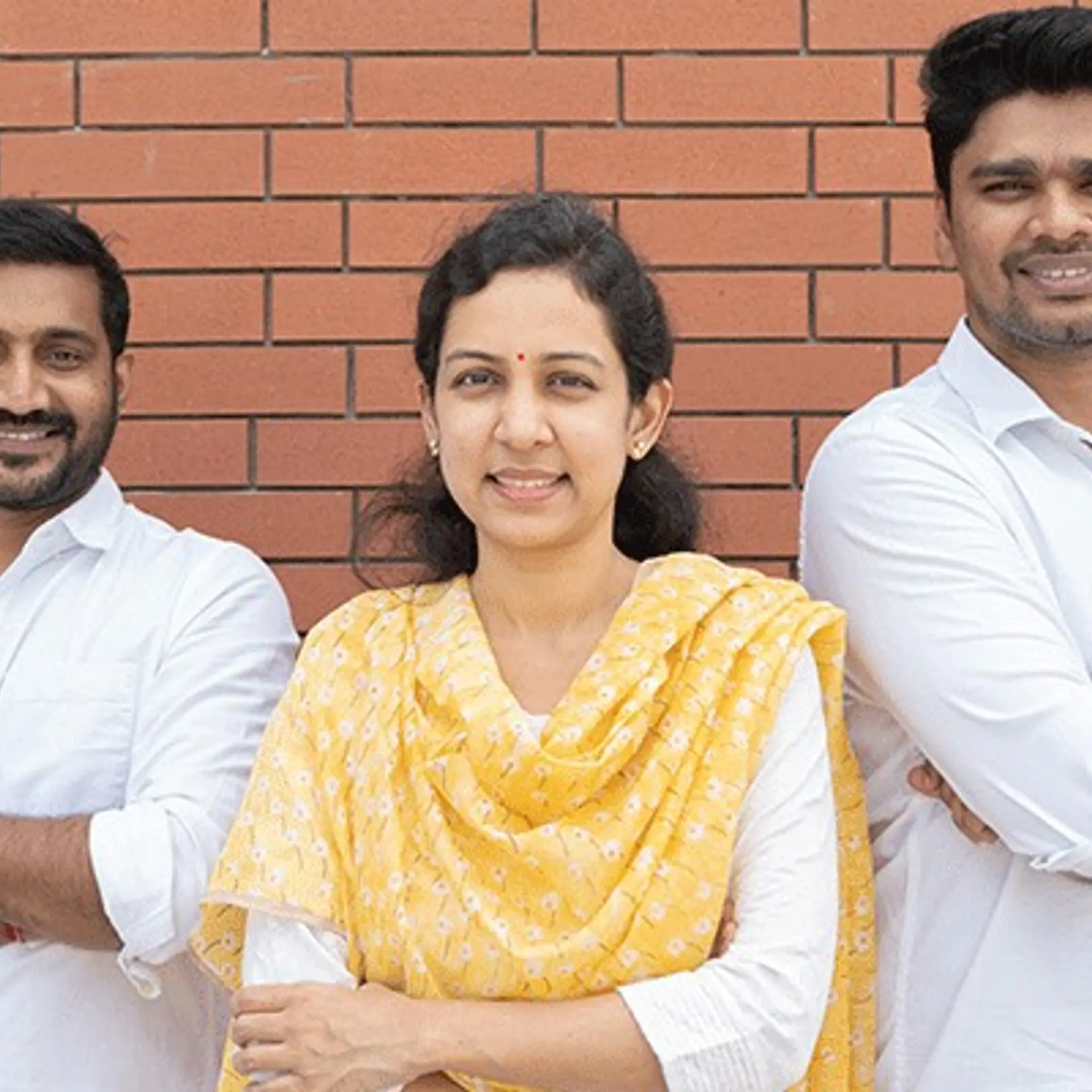From using AI for social good to reviving defunct wells: Our top social stories of the week
In our new Catalysts of Hope series that starts this week, we bring you uplifting, inspiring and impactful stories of change.
Karya’s first user, Reshma, who lives in a remote and tribal area in the mountains of Maharashtra, had never seen or used a smartphone before. But, within 30 minutes of using its application, she learned how to type Marathi on her new phone.
Reshma is part of multiple Karya projects –a non-profit platform—providing AI-enabled digital work to people from marginalised communities across 22 states.
It includes over 30,000 others like Reshma engaged in dignified work and ethical data usage that has positive financial and technological implications. Read all about India’s first ethical data company and how it is changing lives here.
Reviving public wells
At the start of the pandemic in 2020, Manjari started volunteering at Cuckoo Forest School in Singarapettai near Tiruvannamalai, where she, along with about 15 volunteers, began visiting neighbouring villages where it was common for people to walk almost close six kilometers to fetch water. It was around the same time that a friend of hers, Sriram anna of Cuckoo, gave her the book ,Neruppu deivam neere vaazhvu (Fire is god, water is life), which follows the life story of Nigamanand, a saint from Bihar who died fasting for 144 days, demanding that mining in the floodplains be stopped.
“After a long time, I was tearing up reading this story,” says 27-year-old Manjari. “I resonated with a whole bunch of youngsters at Cuckoo that the first steps towards conservation we would take would be with water,” says Manjari.
Since then, Manjari and a team of volunteers have, as part of a Public Well Revival Project, restored wells in villages across Tiruvannamalai, Kallakurichi, Dharmapuri, Erode, Krishnagiri, Tiruchengode.
In other news…
Sanitation workers win bumper lottery prize
When 11 sanitation workers from Parapparangadi in Kerala’s Malappuram district pooled in Rs 250 to buy a Kerala State monsoon lottery ticket, little did they realise that they would win the bumper prize of Rs 10 crore.
These women who barely make ends meet are members of the Haritha Karma Senaan - an offshoot of the Kudumbashree Mission - an organisation responsible for collection, transportation, processing, recycling and management of waste.
According to report in The News Minute, this is the fourth bumper lottery ticket bought by the women. Last year, they won Rs 1,000 in the Onam bumper lottery. The women will get around Rs 63.6 lakh each, after paying the taxes.
In an interview with PTI, one of the winners, Radha said, "The excitement and happiness knew no bounds when we finally came to know that we hit the jackpot. All of us are facing hardships in life and the money will be a relief to some extent to solve our problems."
The women earn salaries between Rs 7,500 and Rs 14,000 as per the nature of their work with Haritha Karma Sena - a green initiative undertaken by the Parappanangadi Municipality.
The windfall will not see the women giving up their jobs as sanitation workers. They said they will continue to work towards keeping Parapparangadi municipality clean.
From driving taxis to Leeds University – the story of Kiran Kurmawar
Meet Kiran Kurmawar, a 27-year-old woman from Regunta, a remote village in Ghadchiroli district in Maharashtra. Despite financial constraints and hailing from a backward region, Kurmawar is all set to pursue an MSc in International Marketing Management from the University of Leeds in the UK.
Her’s a story of grit and gumption, of sheer determination and fortitude. After completing her schooling, she did her graduation and master’s courses from Osmania University. She had to return to Regunta when her father met with an accident and she had to take care of her family.
A Times of India report tells her remarkable story – she started driving her father’s taxi, a Bolero ferrying passengers from Sironcha to Regunta and back (around 75 km) through hilly terrain. Despite facing stiff opposition from her community, she continued driving and also added more taxis to her fleet.
But her hunger for education continued unabated. When she secured admission in Leeds University, she sought help from Maharashtra Chief Minister, Eknath Shinde who immediately asked the Social Welfare Department to sanction the Rs 40 lakh needed for her education. Kiran wants to return to her village after completing her course and work for the betterment of its people.
Edited by Akanksha Sarma






